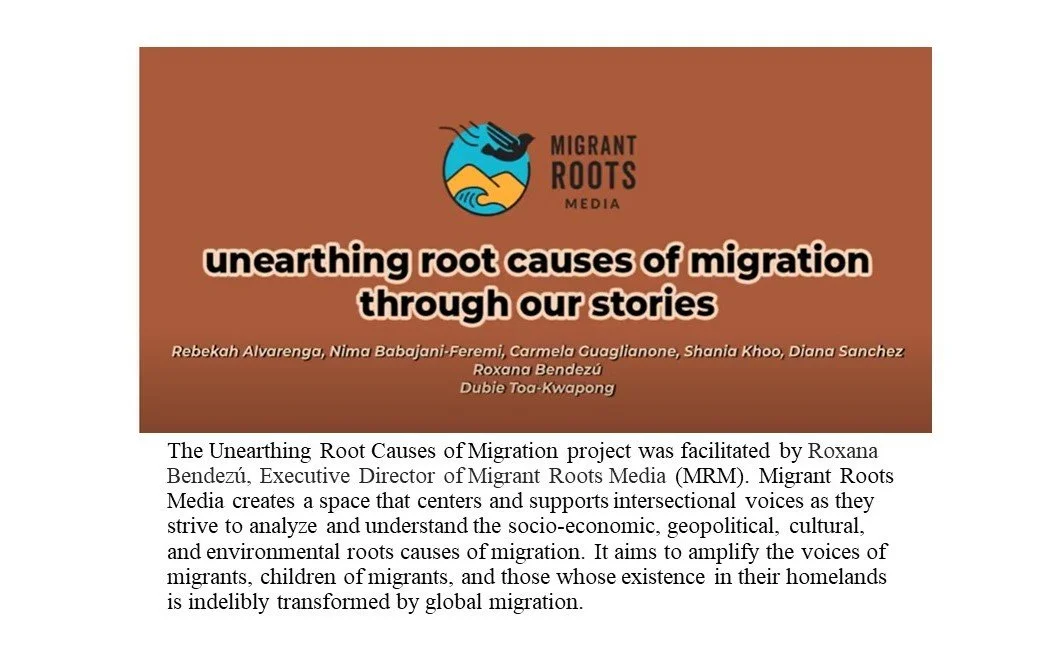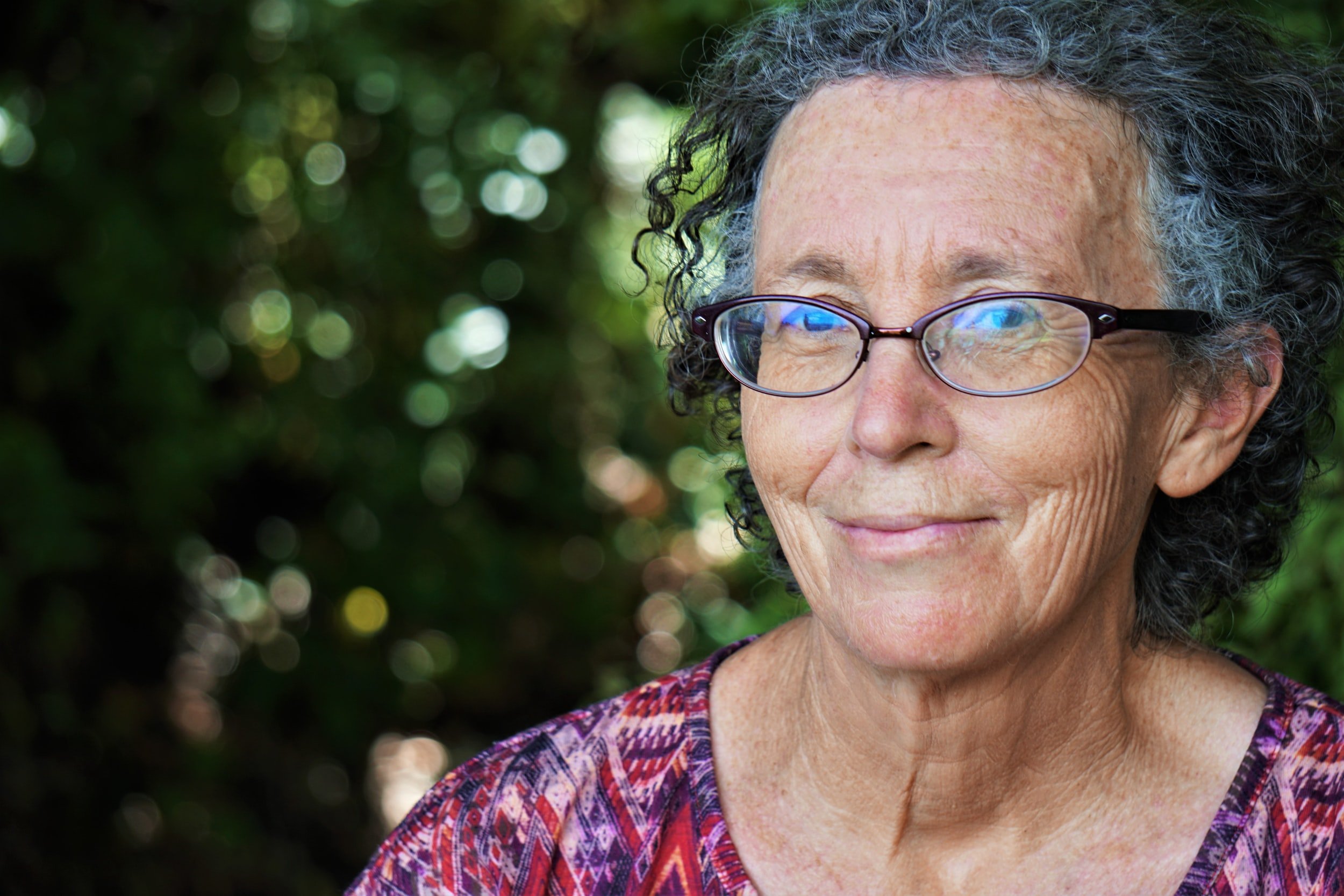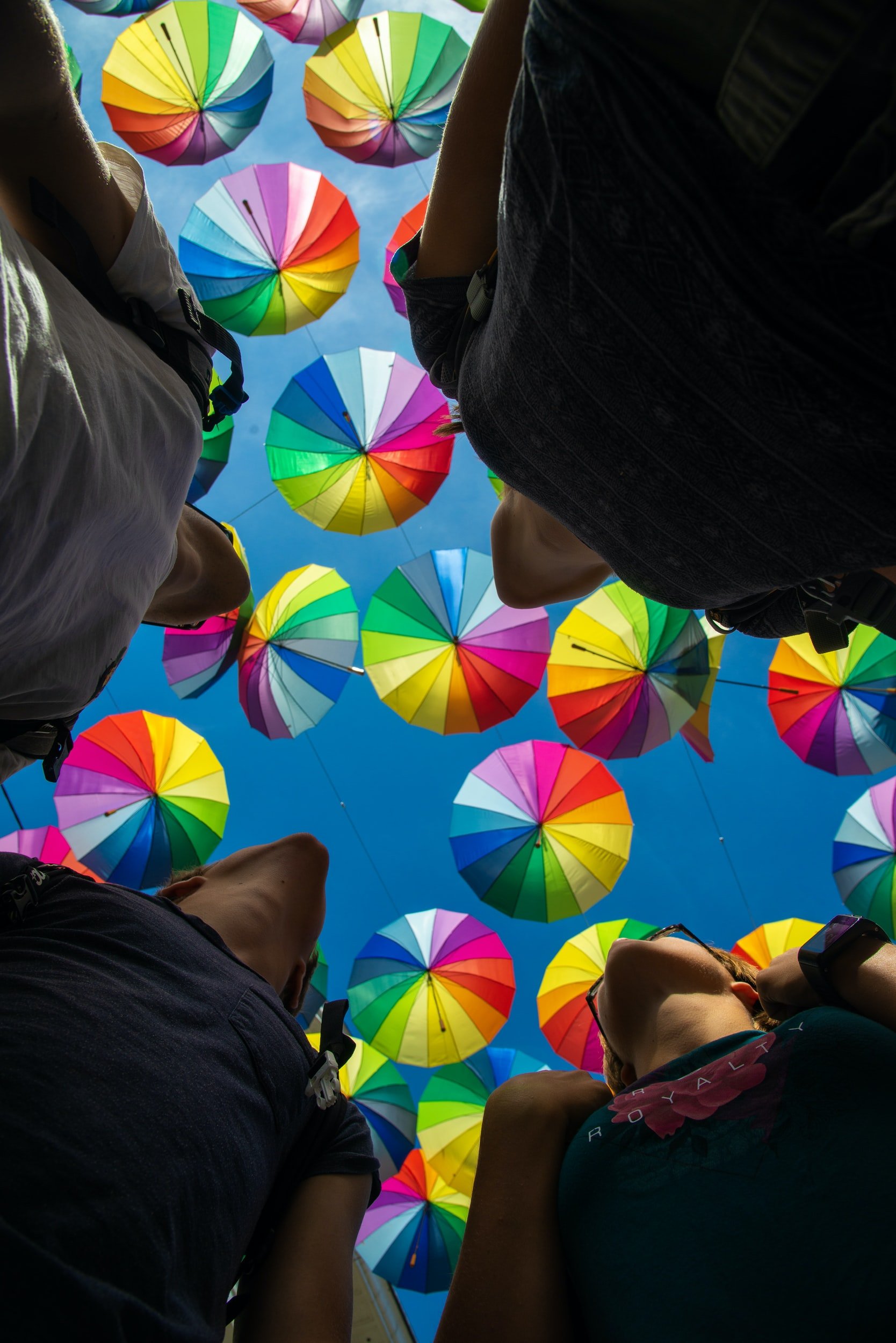Collaboration is essential to research success
Be collaborative: Research & write collaboratively
The focus for October 2022 is on collaboration. What do we mean when we use this term?
As is the case with other trendy terms, collaboration is overused. What we have noticed is there is often a misunderstanding when any work that involves someone else is called a collaboration. The fact that we are working together does not mean we are collaborating. Collaboration occurs when we share a commitment to a goal, and achieve the goal together in ways we could not accomplish on our own.
- Lemon and Salmons, 2021
This definition features important key words: shared commitment, goals, and achievement. It points to an engaged, synergistic process that allows a group to accomplish something difficult or impossible to do alone. The definition does not suggest that this is an easy way to work, given that any two people will undoubtedly have different ideas about what should be accomplished, and how to do it. Skills are needed in communication, negotiation, project management, and conflict resolution. We will most likely need sophisticated digital literacy in order to get things done with technology tools. The more boundaries the project crosses - time zones, cultures, national borders, languages, disciplines, methodologies, work styles - the more we will need skills and attitudes that support collaboration. We can’t ignore so-called soft skills such as kindness, generosity, and forgiveness since our partners are only human and will surely err somewhere along the way.
For all of the challenges involved, collaboration is essential for research success today. To make a difference, an impact, to be relevant, we need to collaborate with others who bring knowledge, expertise, perspectives, insights, and expertise to the project. Even the most solo of research project, such as auto-ethnography, will most likely involve some level of collaboration at the publication stage.
This month we will explore questions about how researchers can:
Collaborate with co-researchers and co-authors, especially when projects bridge cultures and/or disciplines?
Understand ways to design, conduct, write about collaborative research?
Use technologies to streamline projects with multiple partners or a large team?
Follow the series for practical posts, open-access resources, and researcher interviews.
Lemon, N., & Salmons, J. (2021). Collaborate to succeed in higher education and beyond: A practical guide for doctoral students and early career researchers. Routledge.


















Learning while doing: collaborating on a book about collaboration.